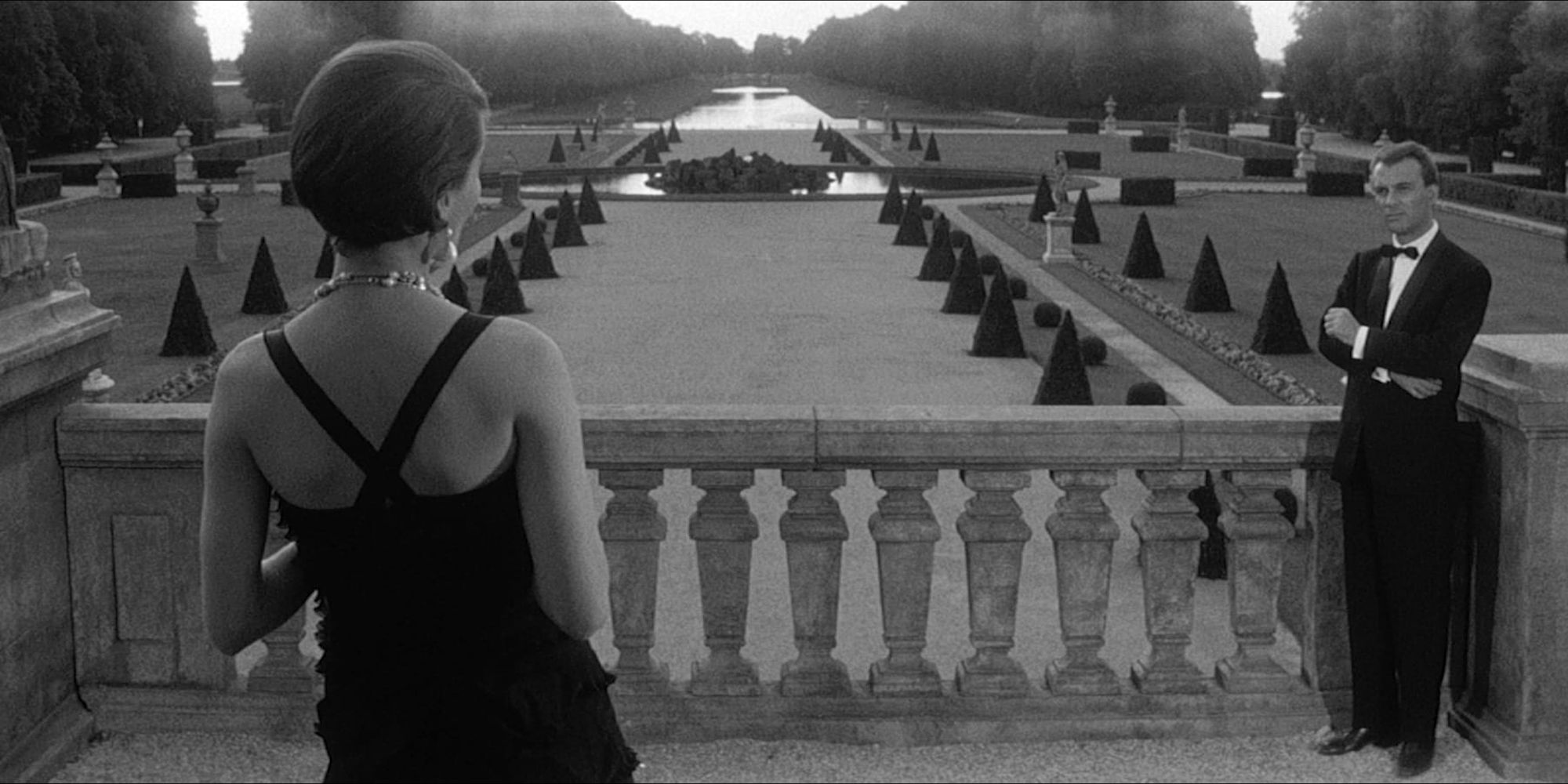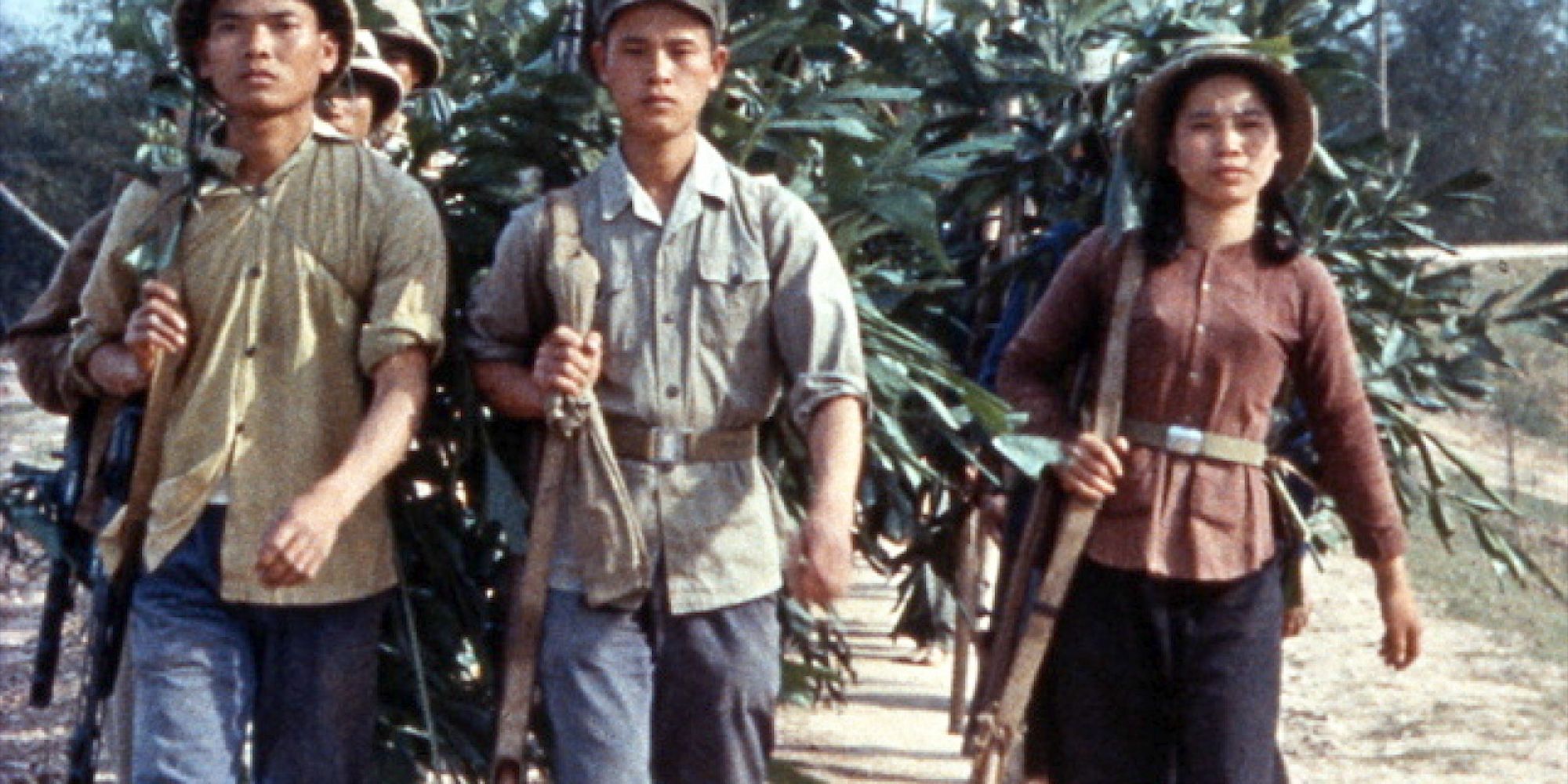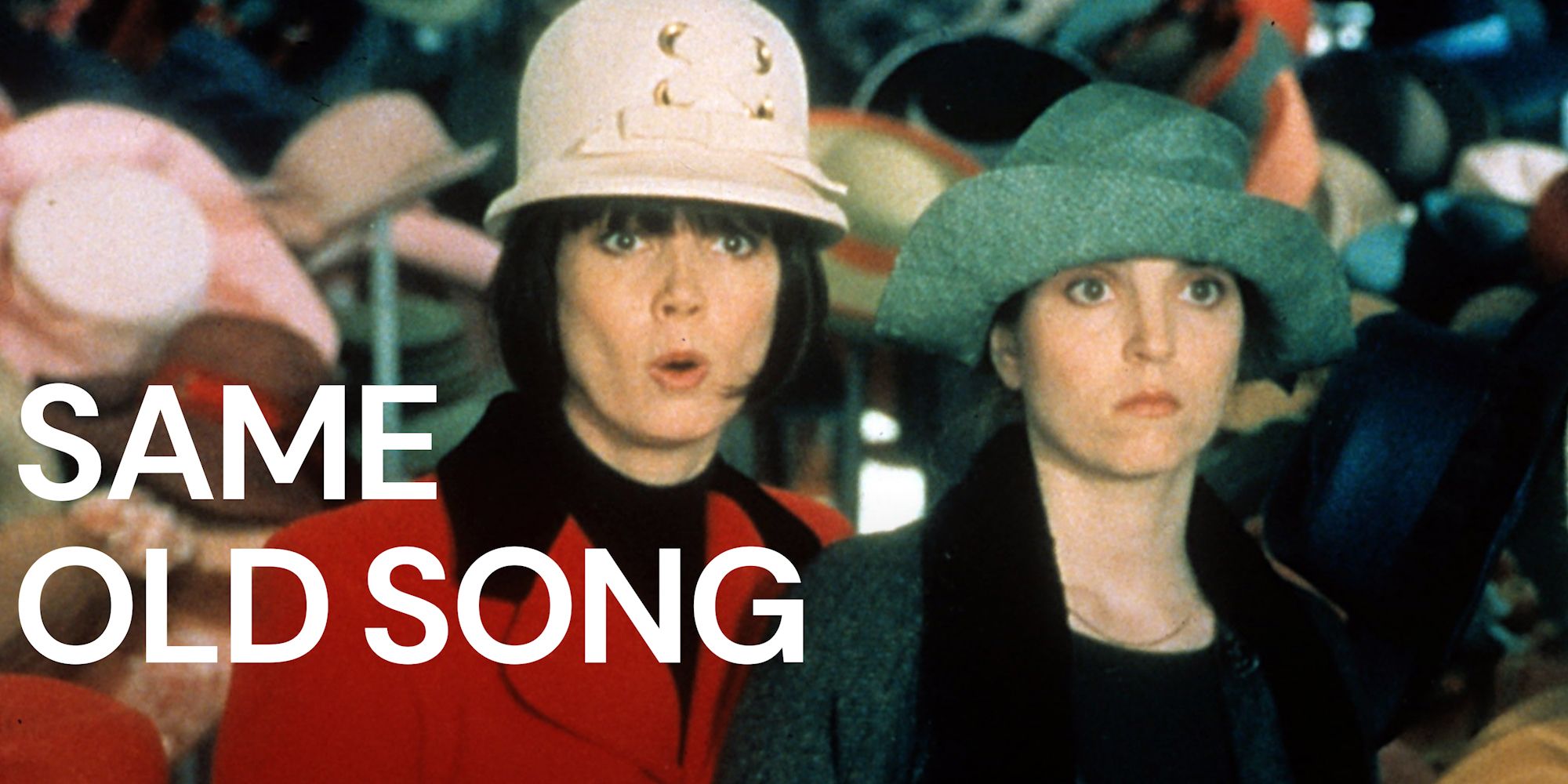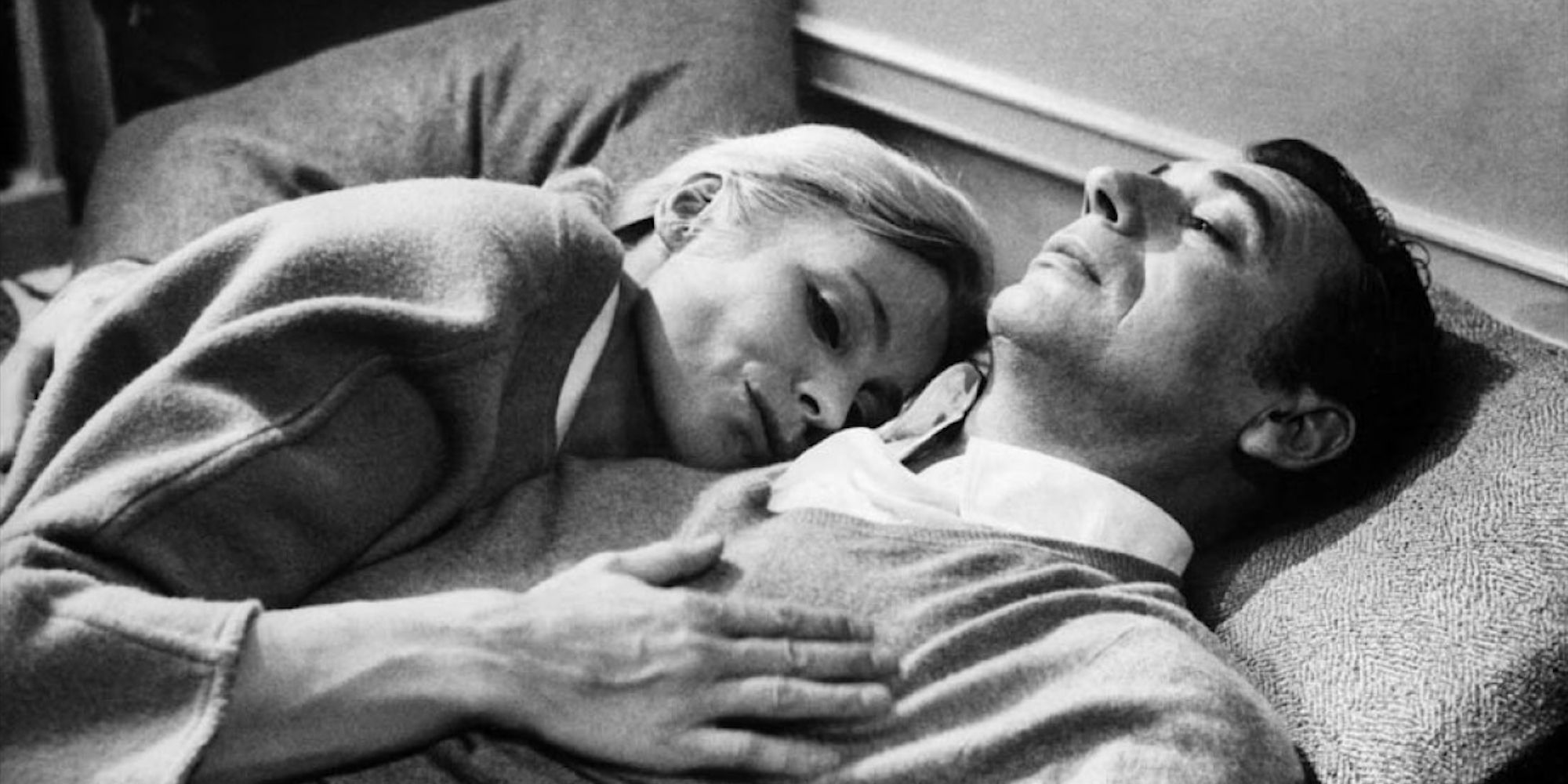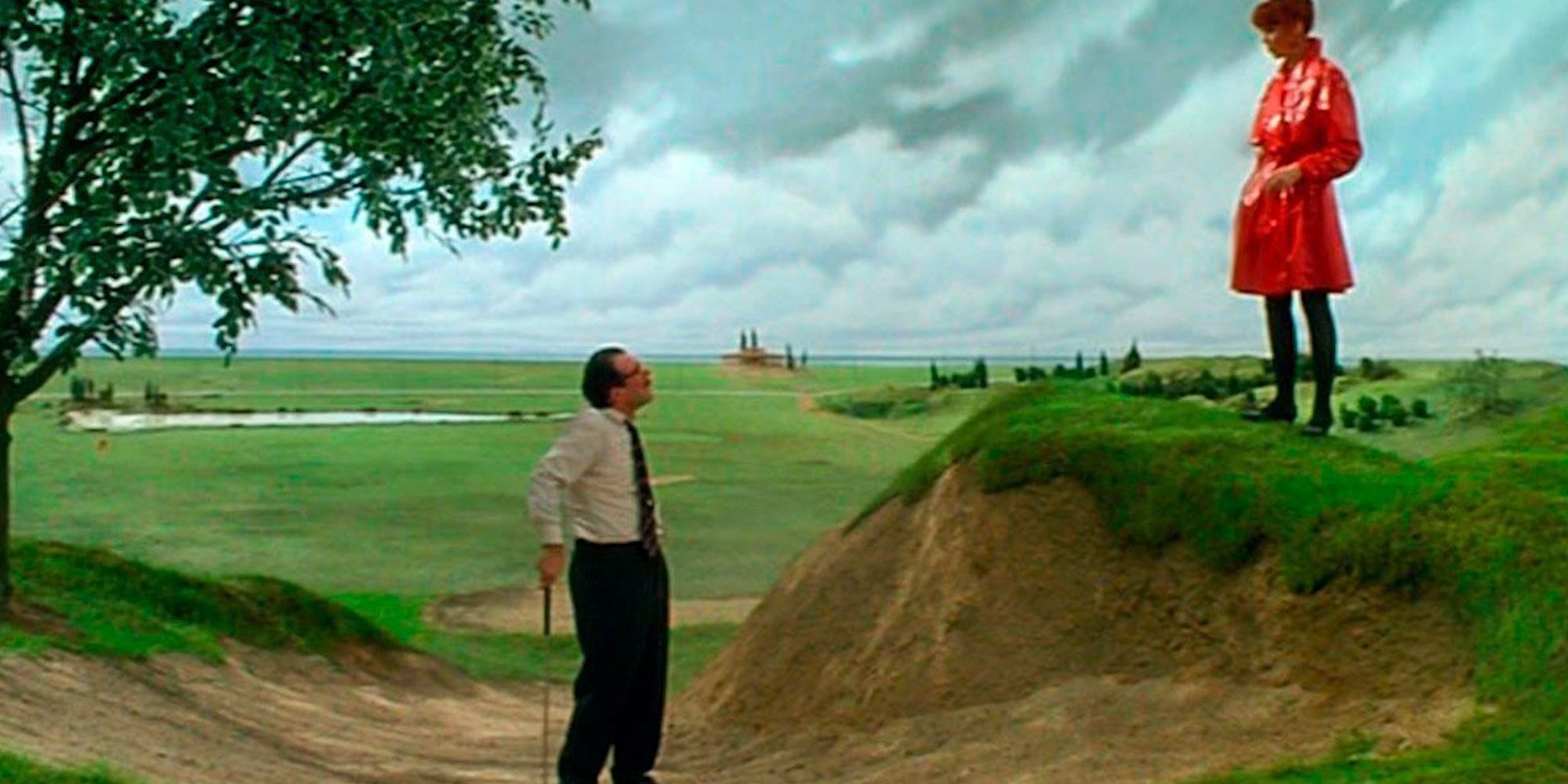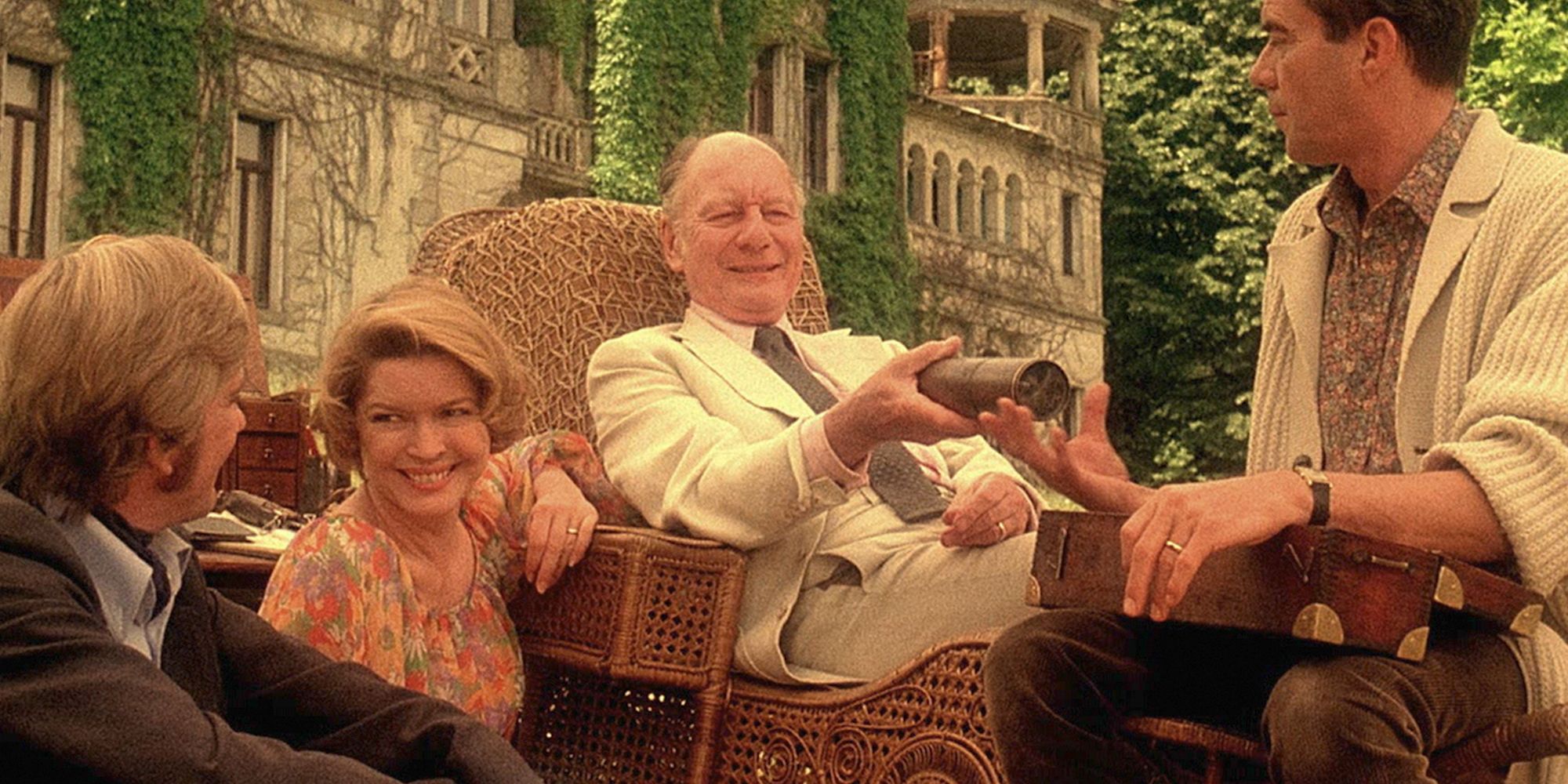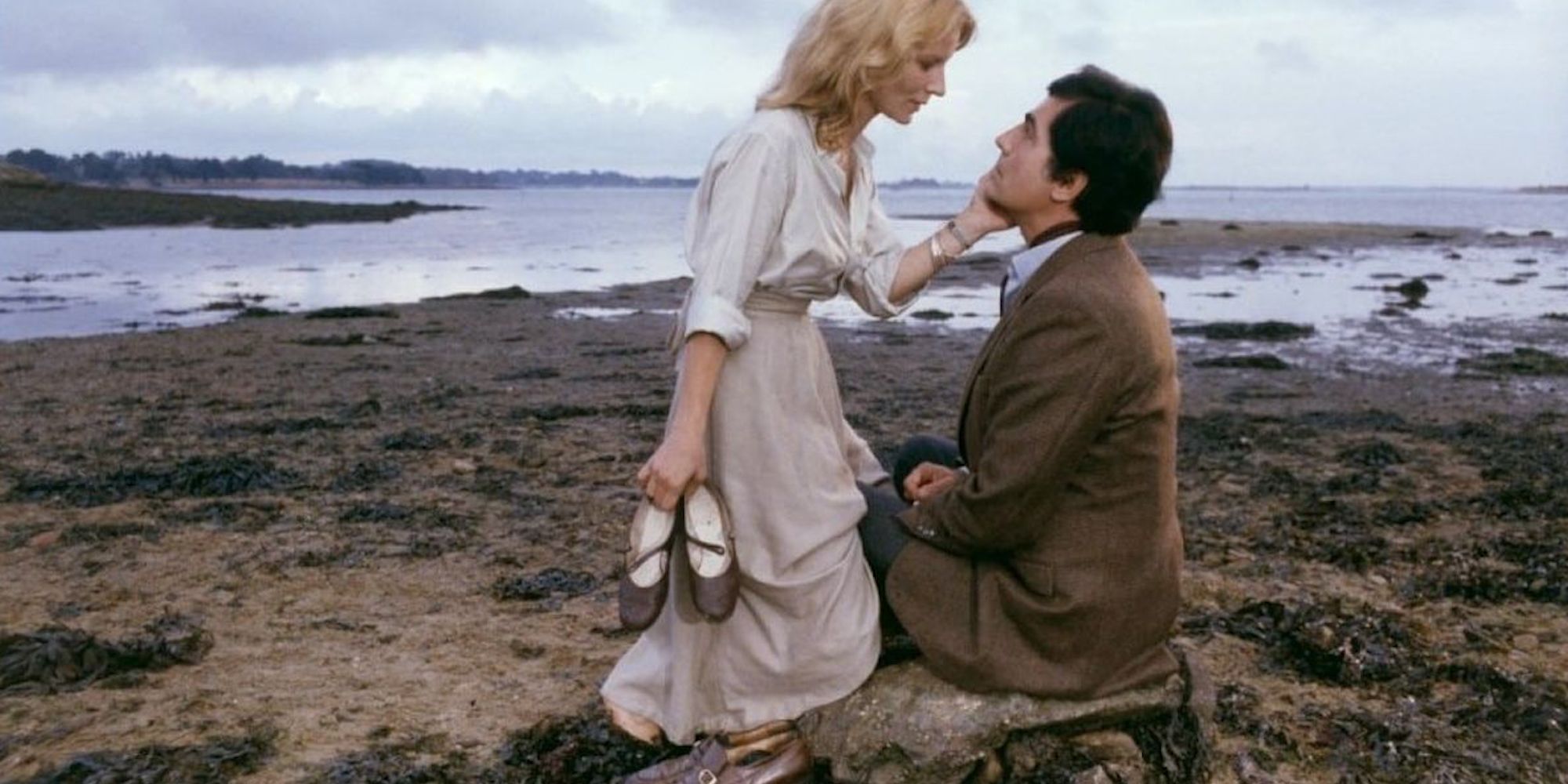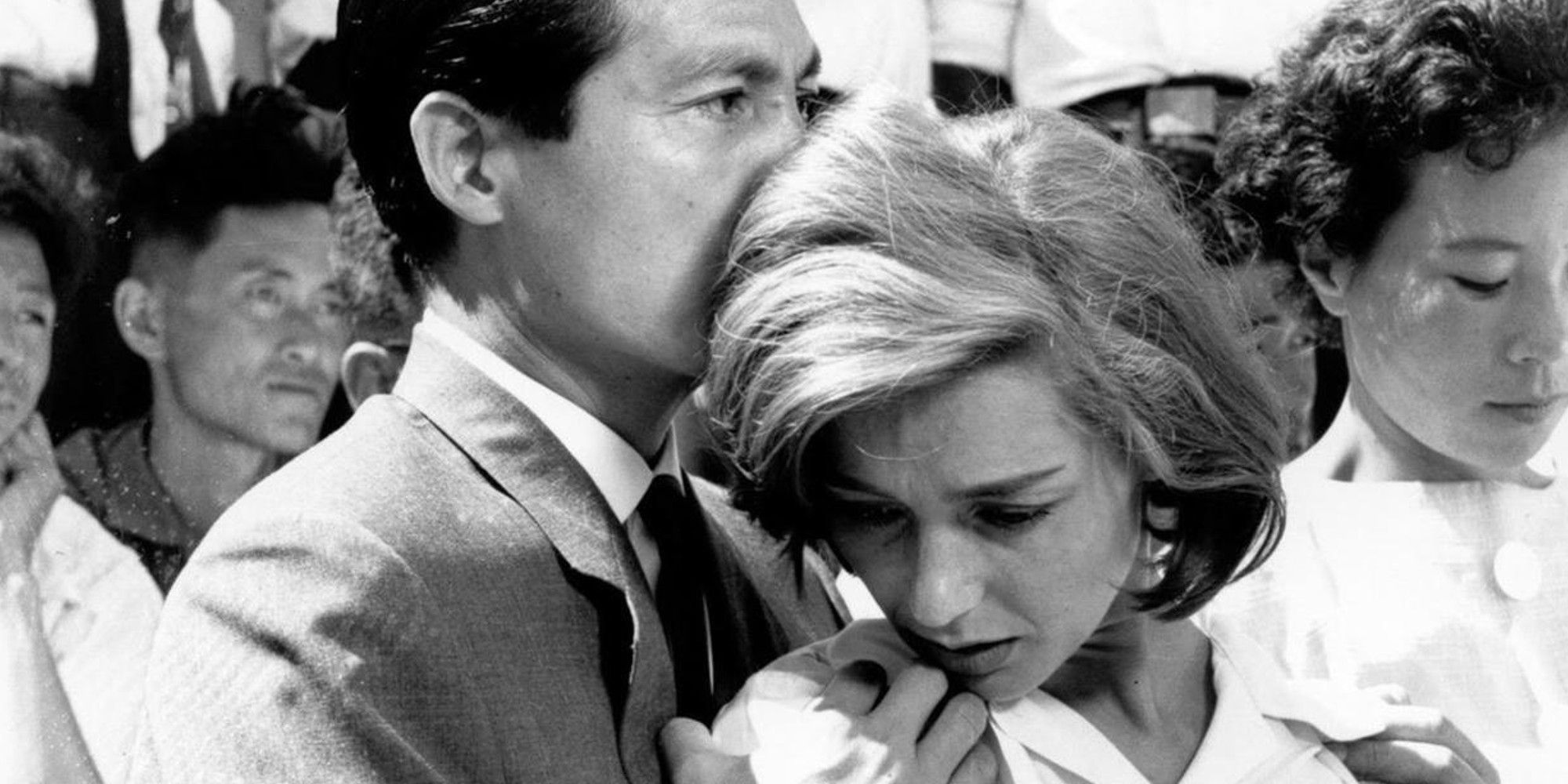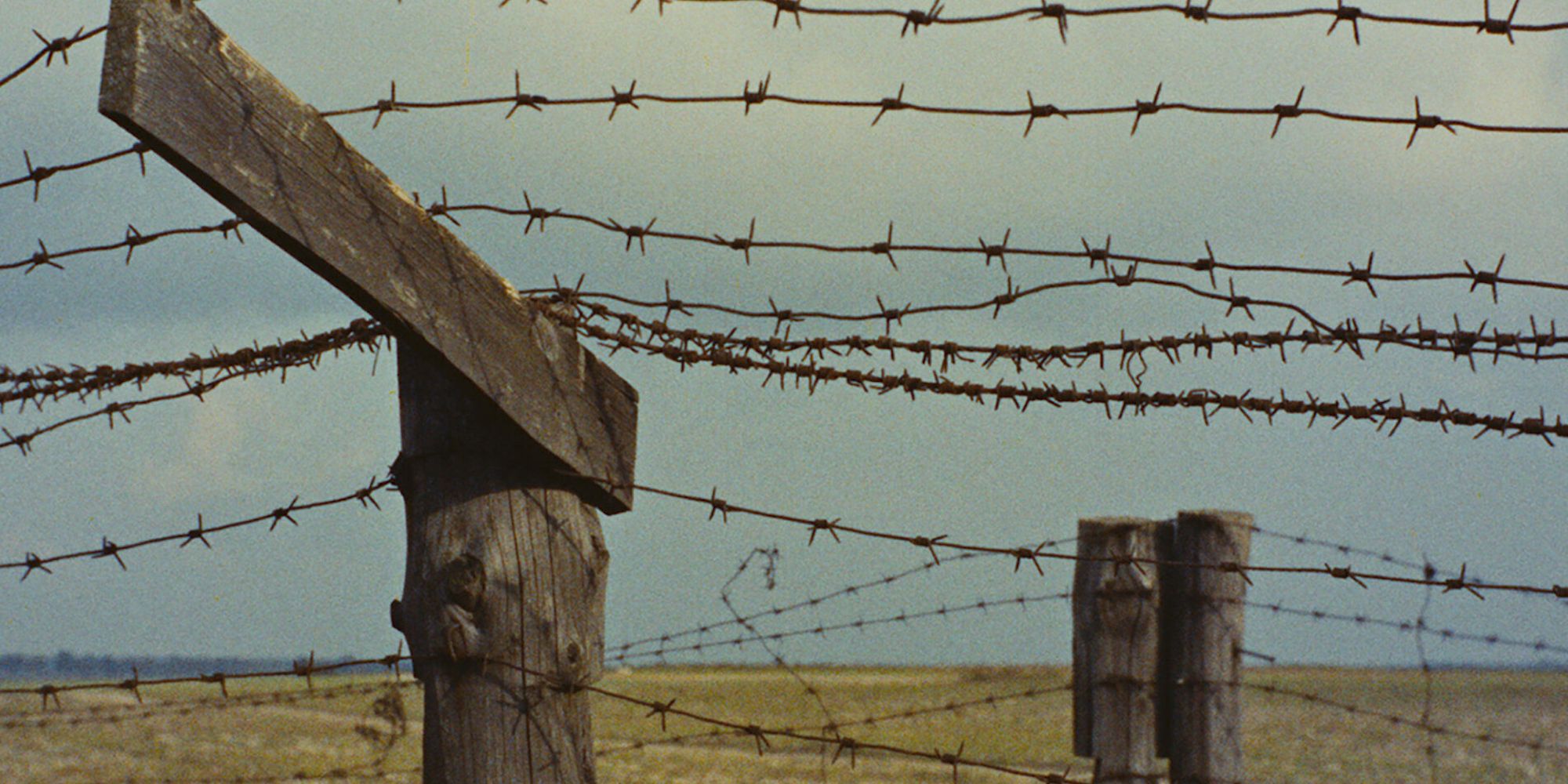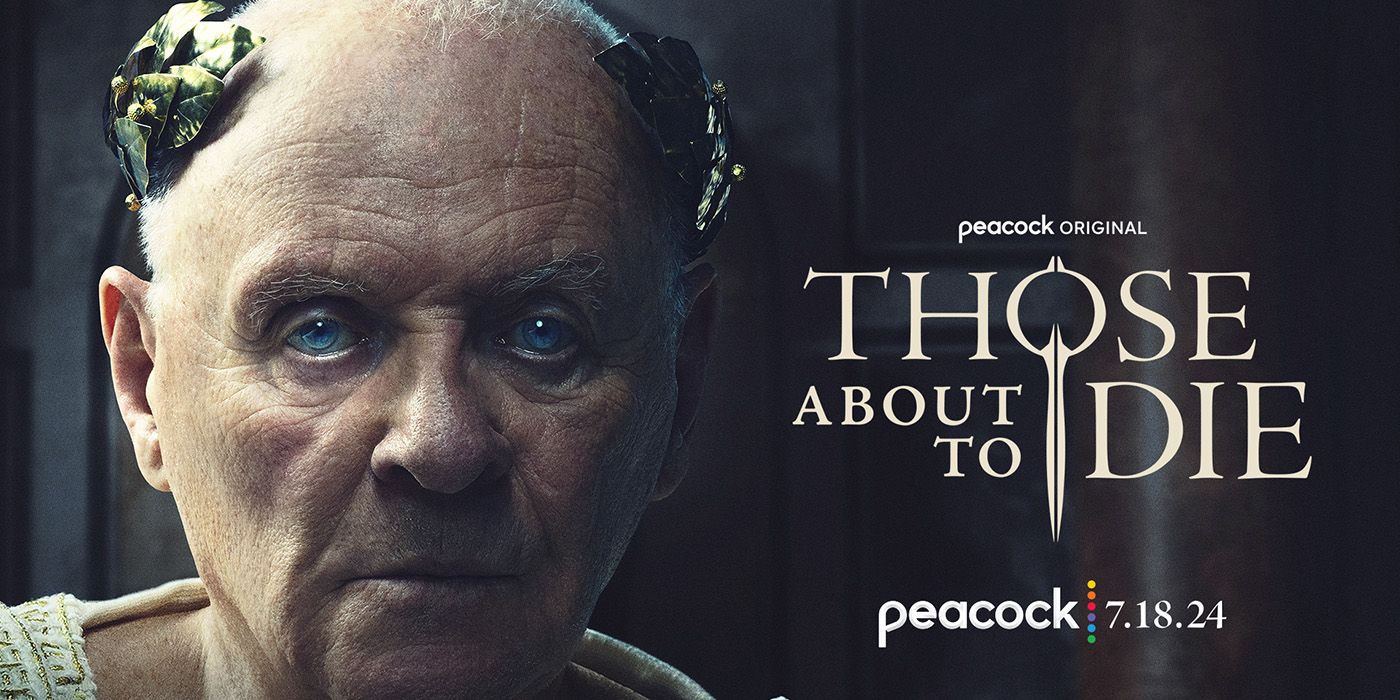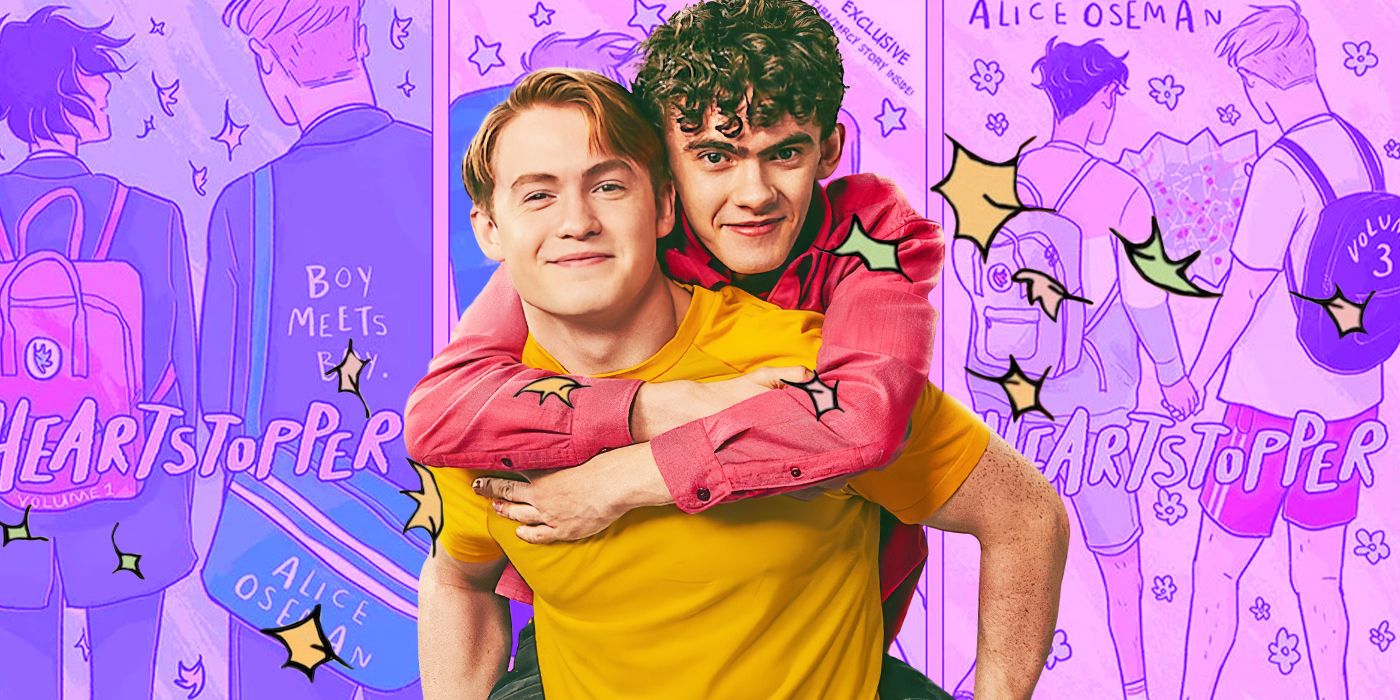Alain Resnais was a visionary French filmmaker who left a lasting influence on the medium. He started out as an editor in the 1940s, before receiving significant attention for his Holocaust documentary Night and Fog. From there, he began directing features, usually dramas exploring themes of memory and the imagination. Many of of his early works also had an overt political spect, though in later years he focused on more personal stories.
Resnais combined this subject matter with an experimental style, frequently deploying non-linear narratives and innovative editing. As a result, he is usually associated with the French New Wave, although he did not use this label himself. Over his six-decade career, Resnais created several gems, many of which have shaped cinema both in France and around the world. These are the best of his projects, as ranked by the users of IMDb.
10 ‘I Love You, I Love You’ (1968)
IMDb Score: 7.1/10
This sci-fi romance revolves around Claude Ridde (Jean-Louis Trintignant), a man who survives a suicide attempt only to be approached by a mysterious organization. They offer him the opportunity to participate in a groundbreaking scientific experiment: the chance to spend one minute in the past. However, the experiment goes wrong, causing Claude to relive fragmented episodes of his life, particularly those involving his partner Catrine (Olga Georges-Picot). With each one, the film slowly reveals why Claude tried to kill himself.
It’s one of the most psychologically realistic time travel movies, with more of a focus on characterization than the technology itself. It’s a meditation on memory and relationships, anchored by terrific lead performances. It’s also jam-packed with stylistic flourishes, like surreal imagery and unorthodox shots. I Love You, I Love You has since been cited as an influence on Jacques Rivette‘s Celine and Julie Go Boating and Michel Gondry‘s Eternal Sunshine of the Spotless Mind.
Rent on Kino Now
9 ‘Far from Vietnam’ (1967)
IMDb Score: 7.3/10
Far from Vietnam is a collaborative documentary comprising seven segments, each by a different director: Joris Ivens, William Klein, Claude Lelouch, Agnès Varda, Jean-Luc Godard, Chris Marker, and Resnais. It’s essentially an anti-war statement on the then-unfolding Vietnam War. The film combines a mosaic of styles and perspectives to consider various perspectives on the conflict. Controversially, the directors express their sympathy with the North Vietnamese army.
It includes some fascinating interviews, as well as a wealth of great footage, covering everything from anti-war protests in New York City to people running for cover in Hanoi as air raid sirens blare. Unsurprisingly for a project with so many directors, Far from Vietnam is a little uneven, but it compensates for this with a number of bold aesthetic and structural choices. It also gets meta, with Godard himself appearing on camera and discussing the links between his politics and his filmmaking.
Rent on Amazon
8 ‘Same Old Song’ (1997)
IMDb Score: 7.3/10
The delightful and inventive Same Old Song fuses elements of musical, romantic comedy, and drama. Set in contemporary Paris, it follows several characters whose paths intersect in unexpected ways, with a focus on their loves and affairs. For instance, Simon (André Dussollier) pines for Camille (Agnès Jaoui), who is having an affair with Simon’s boss Marc (Lambert Wilson). At the same time, Camille’s sister Odile (Sabine Azéma) is unhappy in her marriage to Claude (Pierre Arditi). To further complicate things, the married Nicolas (Jean-Pierre Bacri), who was once close with Odile, returns to town.
It all makes for a quirky romance connected by the twists and turns of fate. Notably, Same Old Song features regular musical sequences where the characters break into song. However, the songs are performed by their original singers, resulting in some funny moments, like when female characters lip-sync to songs sung by men. While not one of Resnais’s most polished projects, it’s certainly one of the most creative.
Buy on Amazon
7 ‘The War Is Over’ (1966)
IMDb Score: 7.3/10
Yves Montand stars in this war drama as communist activist Diego Mora, who has devoted his life to combating the fascist government of Francisco Franco in Spain. In the years after the Spanish Civil War, Diego lives in exile in Paris and continues his political efforts. However, he has recently grown weary of the fight and is skeptical of the tactics used by members of the leftist underground. At the same time, his marriage to Marianne (Ingrid Thulin) is increasingly strained. Nevertheless, Diego’s comrades send him on a mission to Barcelona, which could have devastating consequences.
Here, Resnais skillfully blends personal drama with political intrigue, offering a nuanced exploration of the individual’s place within the broader landscape of resistance. In particular, The War is Over engages frankly with the moral and ethical dilemmas inherent in the fight against dictatorship. This setting is fertile ground for this kind of exploration, as the Spanish Civil War was a conflict that caused many leftist activists to become disillusioned – most notably George Orwell, as he describes in his book Homage to Catalonia.
Watch on Criterion
6 ‘Smoking/No Smoking’ (1993)
IMDb Score: 7.4/10
Resnais pivoted in a new direction with Smoking/No Smoking, a comedy-drama based on works by British playwright Alan Ayckbourn. It’s made up of two connected segments, each focusing on a collection of characters in a quaint English village as they navigate a string of complicated situations. At a certain point in each segment, the film looks at the various possible realities that could have unfolded, had the characters made different choices.
It’s all dialogue-based and cerebral. Depending on your point of view, it’s either intellectual and creative or slow and self-serious. Either way, there’s no denying the great performances from stars Sabine Azéma and Pierre Arditi, who each play multiple characters. Resnais also deserves props for stepping out of his comfort zone and telling such a quintessentially British story, from the setting to the humor. Once again, his signature nonlinear storytelling and fascination with the quirks of fate are very much on display.
Buy on Amazon
5 ‘Providence’ (1977)
IMDb Score: 7.5/10
Providence centers on Clive Langham (Sir John Gielgud), a British novelist on his deathbed. While trying to get to grips with his limited time on earth, Langham fantasizes about various scenarios, usually involving his friends and family. In one imagined scene, Clive sees his son as a soldier killing a person out of mercy. In another, Clive crosses paths with a werewolf in a shadowed wood. As Langham conjures up different scenarios, the boundaries between reality and his literary creations become increasingly ambiguous. Through these visions, Resnais questions the nature of authorship and the reliability of memory.
Resnais employs a non-linear narrative structure, blending flashbacks, fantasies, and present-day sequences. The result is a rich and layered story where the audience is never quite sure what is real and what is imagined. Endlessly meta and self-reflexive, Providence is one of Resnais’s most ambitious statements on identity, memory, subjectivity, and truth.
Buy on Amazon
4 ‘My American Uncle’ (1980)
IMDb Score: 7.6/10
My American Uncle begins with the real-life neurobiologist Henri Laborit discussing his theories of behavior, introducing the ideas of consumption, escape, struggle, and inhibition. The movie then explores these ideas through three characters. There’s Jean (Roger Pierre), a writer from a middle-class background who pursues a career in politics; René (Gérard Depardieu), an anxious man who rebels against his farming family to work in a textile factory; and Janine (Nicole Garcia), the daughter of working-class left-wing parents who runs away from home to become an actress.
The characters’ lives become a prism through which Resnais examines the impact of biology, upbringing, and societal expectations on their choices and relationships. Debate continues over whether Resnais agrees with Laborit’s theories or if the film is meant to question them. It’s one of Resnais’s most challenging movies – not a great starting point for newcomers – but also one of his most thoughtful and vivid.
Watch on Criterion
3 ‘Last Year at Marienbad’ (1961)
IMDb Score: 7.7/10
At a luxurious European château, an unnamed man (Giorgio Albertazzi) insists that he met a woman (Delphine Seyrig) the previous year at Marienbad and that they had planned to run away together. He claims that she said they should wait a year before doing this, and that the time has now elapsed. However, the woman denies any recollection of such an encounter. At the same time, a second man (Sacha Pitoëff) – who may or may not be the woman’s husband – enters the fray.
Last Year at Marienbad might be Resnais’s most elliptical and inconclusive film. It unfolds in a dreamlike fashion, blurring the lines between reality and fantasy, past and present. Resnais employs intricate mise-en-scène and a haunting musical score to create an atmosphere of ambiguity and surrealism. It’s open-ended, allowing for multiple interpretations. Some have speculated that the whole thing takes place only in the woman’s mind, or that the characters are souls trapped in limbo.
Watch on Kanopy
2 ‘Hiroshima Mon Amour’ (1959)
IMDb Score: 7.8/10
“I’ll remember you as the symbol of love’s forgetfulness”. An unnamed French actress (Emmanuelle Riva) travels to Hiroshima to shoot a film about peace. There, she engages in a passionate affair with a Japanese architect (Eiji Okada) and shares her memories of a past romance during World War II in Nevers, France. She and a German soldier (Bernard Fresson) fell in love, but he was shot on the day that the Allies liberated the town. In return, the architect tells her about his experiences fighting in the war and the loss of his family to the atomic bomb.
Resnais employs innovative editing techniques, poetic dialogue written by Marguerite Duras, and powerful imagery to create a moving study of the collective trauma of war and the possibility of connection. Widely considered one of the defining works of the French New Wave, Hiroshima Mon Amour is celebrated for its artistic daring, emotional depth, and existential reflections.
Watch on Criterion
1 ‘Night and Fog’ (1956)
IMDb Score: 8.6/10
Resnais has made several classics, but his most enduring work is sure to be Night and Fog, his documentary about the Holocaust. It combines historical footage from Nazi concentration camps with contemporary shots of these sites, creating a stark juxtaposition between the past and the present. Narrated by Michel Bouquet, Night and Fog describes the lives of the prisoners and shows devastating images of the gas chambers. It’s a powerful, essential film, which Resnais made in collaboration with Holocaust survivor Jean Cayrol.
Night and Fog ranks alongside films like Shoah and books like Elie Wiesel‘s Night as one of the most important acts of Holocaust remembrance. Some of Resnais’s claims and arguments were controversial, but the film made an important contribution by prompting more discussion of the Holocaust, especially at a time when the events were still recent. As a result, French filmmaker François Truffaut called Night and Fog “the most noble and necessary film ever made.”
Watch on Criterion

